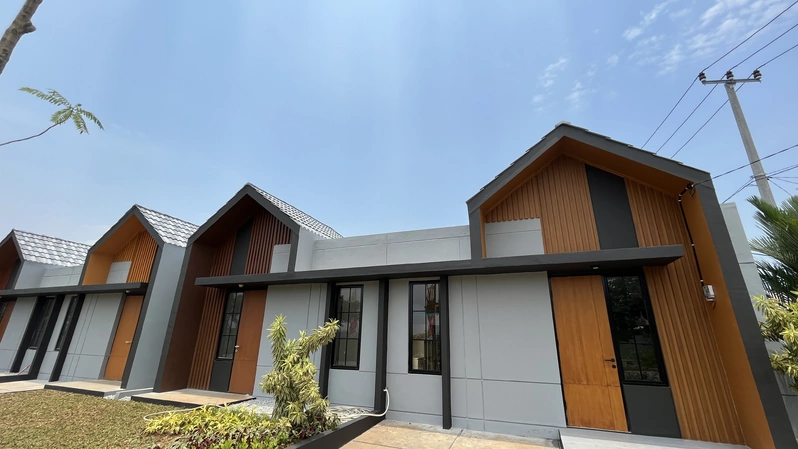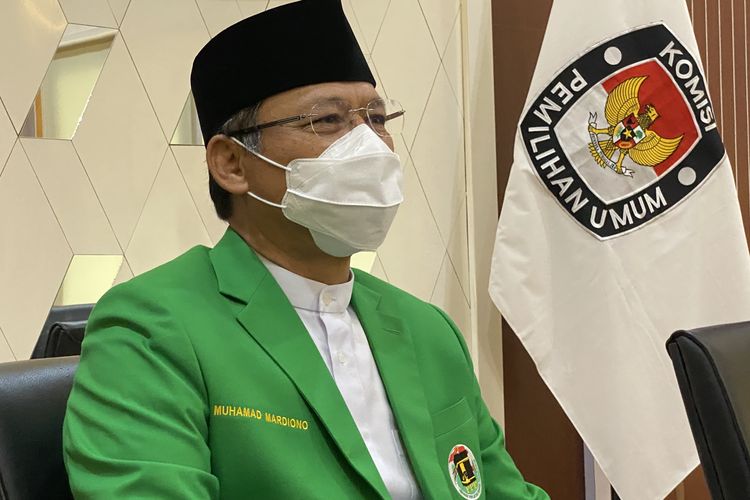This is the 3rd FMCBG meeting of Indonesia’s G20 Presidency in the Finance Track after previous meetings held in February 2022 (Jakarta) and April 2022 (Washington, D.C.).
The FMCBG meeting is conducted over two days, preceded by the hybrid Finance & Central Bank Deputies (FCBD) Meeting on 13-14th July 2022 at the same venue.

Bagaimana tanggapan anda mengenai artikel ini?
The G20 Finance Ministers and Central Bank Governors Meeting aims to stimulate the global economy to recover together amid various emerging challenges.
The 3rd FMCBG meeting is attended by the largest number of delegations of Indonesia’s G20 Presidency, with 407 foreign delegations attending in person and another 120 virtually.
In addition, 17 Finance Ministers and 11 Central Bank Governors are also attending in person.
Indonesia, as G20 President, invited the Finance Minister of Ukraine to attend the event virtually.
The Indonesian Minister of Finance Sri Mulyani Indrawati and Governor of Bank Indonesia (BI) Perry Warjiyo are hosting the meeting.
“The physical presence of most G20 delegations, invitees and international organisations in Bali demonstrates the seriousness and global commitment to supporting Indonesia’s G20 Presidency and reviving economic sustainability, particularly amid the emerging global challenges,” the Indonesian Finance Ministry and BI stated in a joint press release on Friday.
At the FMCBG meeting, delegates are discussing seven priority and legacy agendas within the Financial Track as follows:
- Global economy and risks. Indonesia’s G20 presidency continues to discuss the latest global economic dynamics and appropriate policy response to achieve a solid, sustainable, balanced and inclusive global economic recovery in the face of various challenges, such as escalating inflationary pressures, global supply chain disruptions, supply and demand imbalances as well as rising energy and commodity prices due to the pandemic and ongoing war in Ukraine.
- Global health issues. The meeting is formulating efforts to revitalise the global health architecture to prepare, prevent and respond to future pandemics. All G20 members and several non-G20 countries along with international organisations have pledged their support and commitment to this multilateral fund, representing a concrete outcome of the strong leadership under Indonesia’s G20 Presidency.
- International financial architecture. The G20 is seeking ways to improve debt management for poor countries and strengthen long-term global financial resilience, including efforts to maintain sustainable foreign capital flows, while mitigating the risks posed to capital flow volatility and strengthening the global financial safety net.
- Financial sector issues. The G20 is discussing policy normalisation (exit) strategies, ways to mitigate the scarring effect in the financial sector, efforts to strengthen the global financial sector through risk management, technology optimisation and digitalisation, as well as the regulation of cross-border payments. In addition, the G20 is increasing efforts to promote financial inclusion among vulnerable groups through digitalisation.
- Sustainable finance. This year, Indonesia’s G20 Presidency is focusing on advancing three priority agendas, namely developing a transition finance framework and increasing the credibility of commitments made by financial institutions towards the green economy, enhancing sustainable finance by expanding access to green instruments as well as discussing policy instruments that could provide financing and investment incentives to support the transition.
- Infrastructure development. The G20 is discussing development of sustainable, inclusive, accessible and affordable infrastructure. The G20 is also formulating a framework that will expand private sector participation in the development of sustainable infrastructure.
- International taxation. G20 Finance Ministers and Central Bank Governors are also advancing the international taxation agenda by ensuring implementation of two G20/OECD pillars as agreed in 2021.
“Indonesia’s G20 Presidency continues to evoke the spirit of multilateralism at the G20 Finance Ministers and Central Bank Governors Meeting by facilitating and providing full support for the main G20 agenda. Furthermore, Indonesia’s G20 Presidency also strives to achieve concrete outcomes with a direct impact on the global economic recovery process as we recover together, recover stronger,” they stated.
(WAH)
Artikel ini bersumber dari www.medcom.id.
Baca Artikel Menarik Lainnya dari Customer.co.id di Google News



